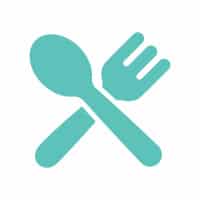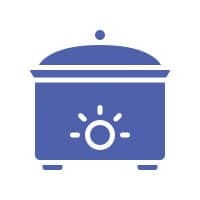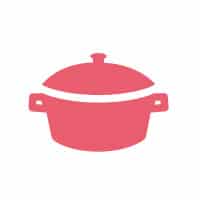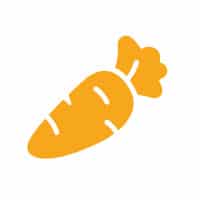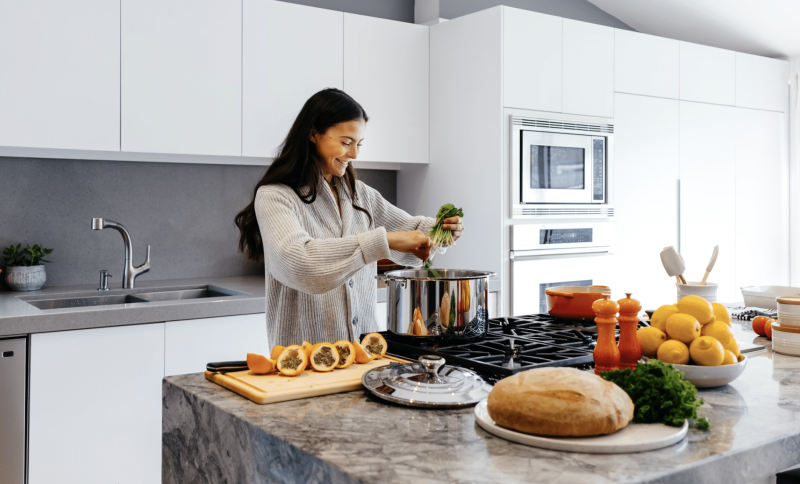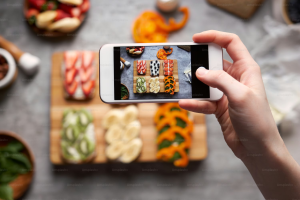The popularity of home cooking surged during the pandemic because eating out or even ordering food was risky. Many Americans continue to do it, considering it saves money and promotes healthy eating. Quality Assurance Mag cites a survey stating that 81% of respondents prefer cooking at least half of their meals at home. That’s because they feel more confident about healthy DIY meals.
If you are a new culinary enthusiast, stepping into a kitchen can feel exciting and overwhelming. While cookbooks and online tutorials teach recipes and techniques, you cannot rely on them fully. There are some rules that seasoned cooks live by. These guidelines ensure safety, efficiency, and respect for the prepping and cooking space.
Understanding and embracing these principles will help beginners build confidence, avoid common mistakes, and create a more enjoyable cooking experience.
Commit to Cleanliness and Hygiene
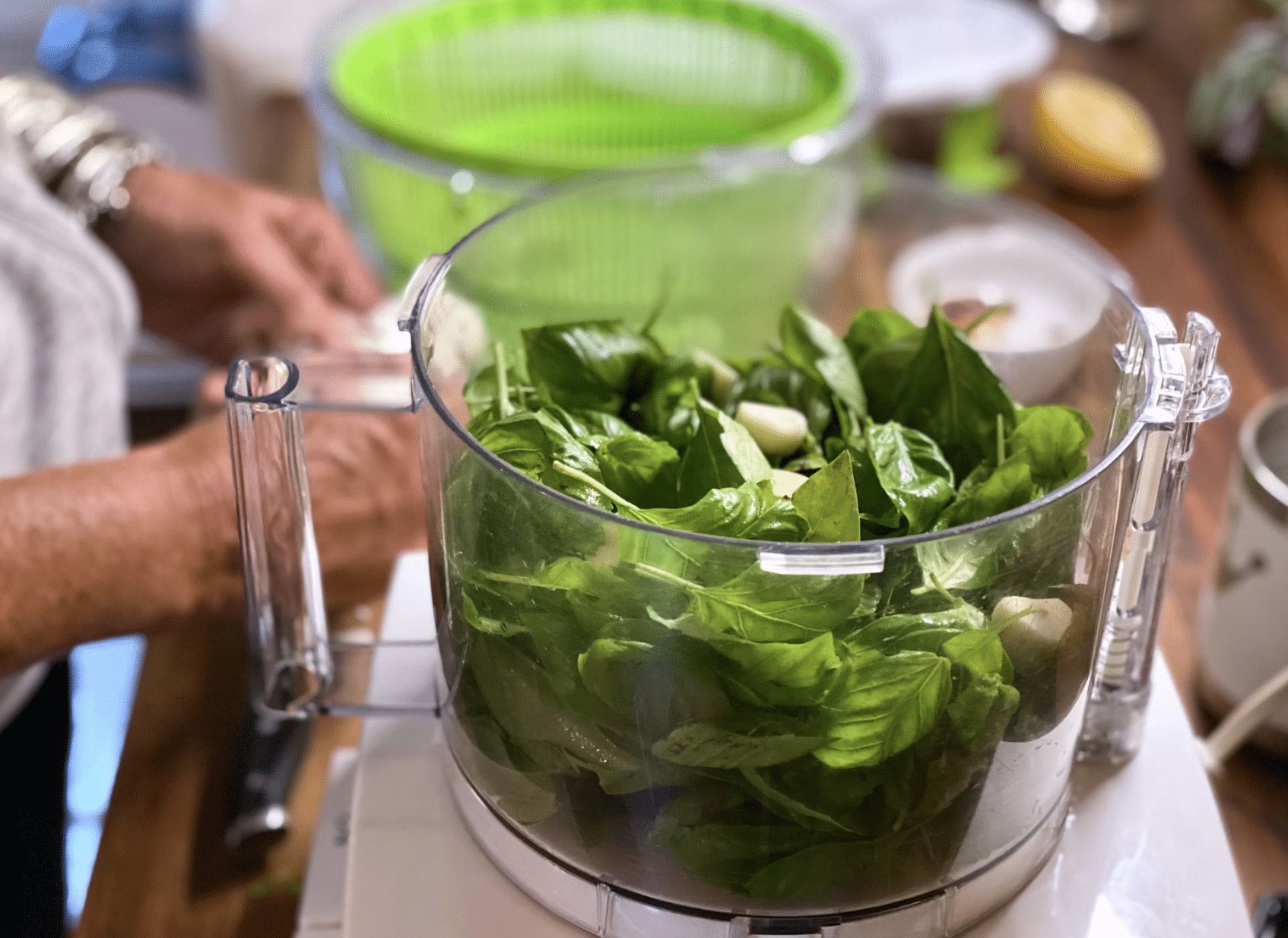
Cleanliness is non-negotiable in the kitchen. A ResearchGate study notes that foodborne disease outbreaks are surprisingly common in domestic kitchens. Lack of food hygiene is perhaps the most common reason for this, but awareness can make home-cooked meals safer.
Good cleanliness and hygiene practices include wiping down counters, washing utensils, and disposing of scraps immediately after use. By following these rules, you can prevent cross-contamination and foodborne illness. Moreover, it makes the cooking process smoother and less stressful.
Hygiene extends beyond just cleaning surfaces. Always wash your hands before handling high-risk food items, such as raw meat, eggs, or produce. Also, separate cutting boards should be used for raw meats and vegetables to limit cross-contamination. Regularly sanitize sponges, towels, and cloths, as these can harbor bacteria.
Master Organization and Prep
Organization is the secret weapon of every efficient cook. According to Real Simple, kitchen layout is the first thing to consider. An organized space is tidier and functional, making it easy to find things and cook. Beginners need to be even more conscious of this rule.
Before you start cooking, gather all your ingredients in one place. Measure them out and arrange them in the order you’ll use them while preparing your dish. This will save time and prevent mistakes and last-minute scrambling for ingredients and appliances. For a new culinary enthusiast, having everything accessible makes one confident.
A well-organized kitchen also means keeping tools and ingredients in designated spots. Label containers, use drawer dividers, and store frequently used items within easy reach. This reduces clutter and mental load. When you’re done cooking, return everything to its proper place.
Know Your Appliances Well
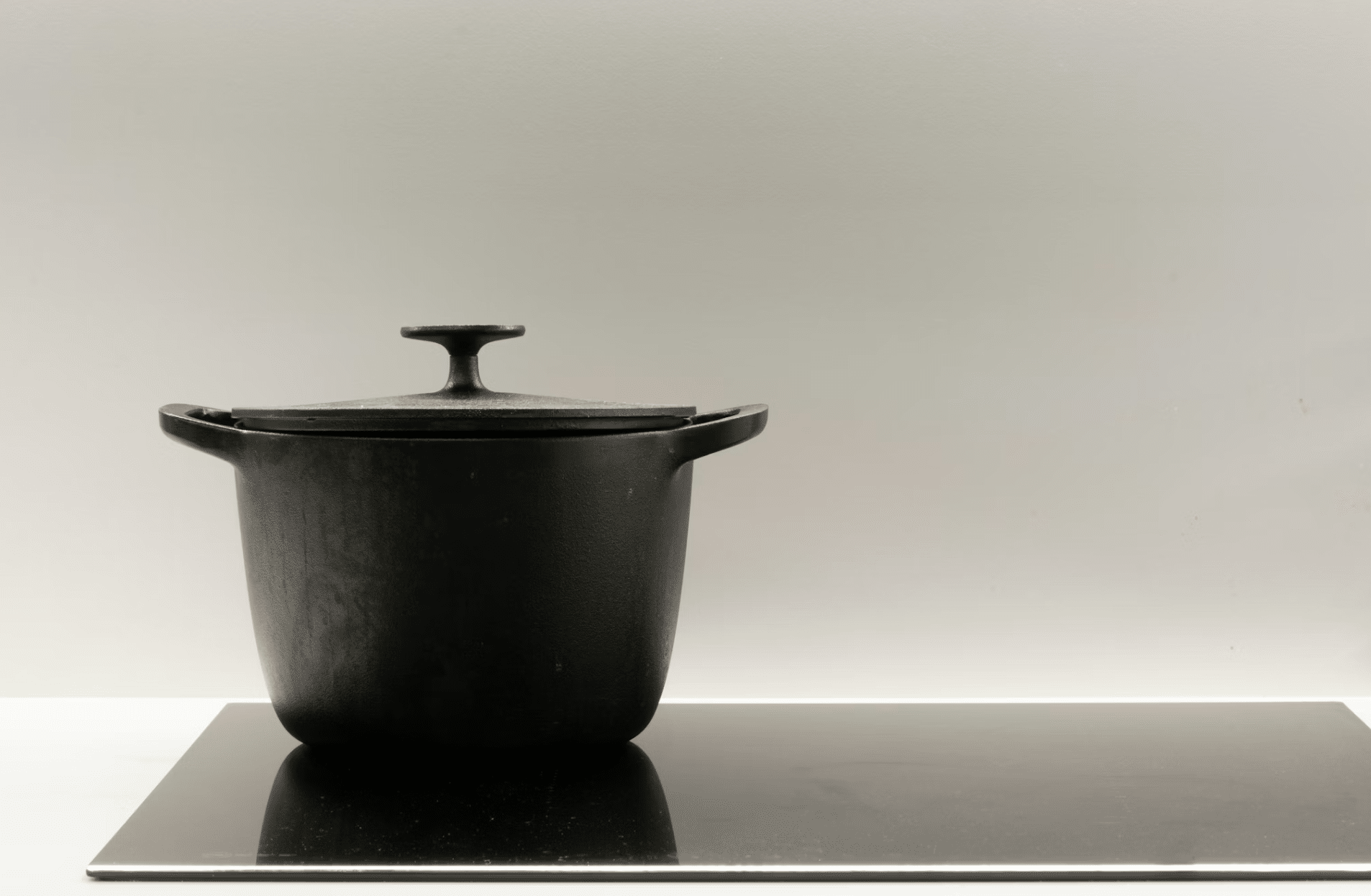
Every kitchen is equipped with a variety of appliances, from stoves and ovens to blenders and microwaves. For someone exploring this unknown territory for the first time, it is easy to feel confused when handling multiple appliances. You can overcome this stress by taking the time to learn how each appliance works.
Read the manuals, understand the settings, and know the safety features. This knowledge will help you use your appliances more effectively and avoid accidents. Something as simple as a pressure cooker, for example, can be a safety hazard. The question here is: can a pressure cooker explode? The surprising answer is yes, it can.
Even worse, TorHoerman Law notes that such explosions have led to serious injuries and lawsuits. Victims can hold manufacturers liable if the explosion is caused by a product defect. As a beginner in the kitchen, eliminate defective items and keep an eye on product recalls to ensure safety.
Don’t Fear Mistakes
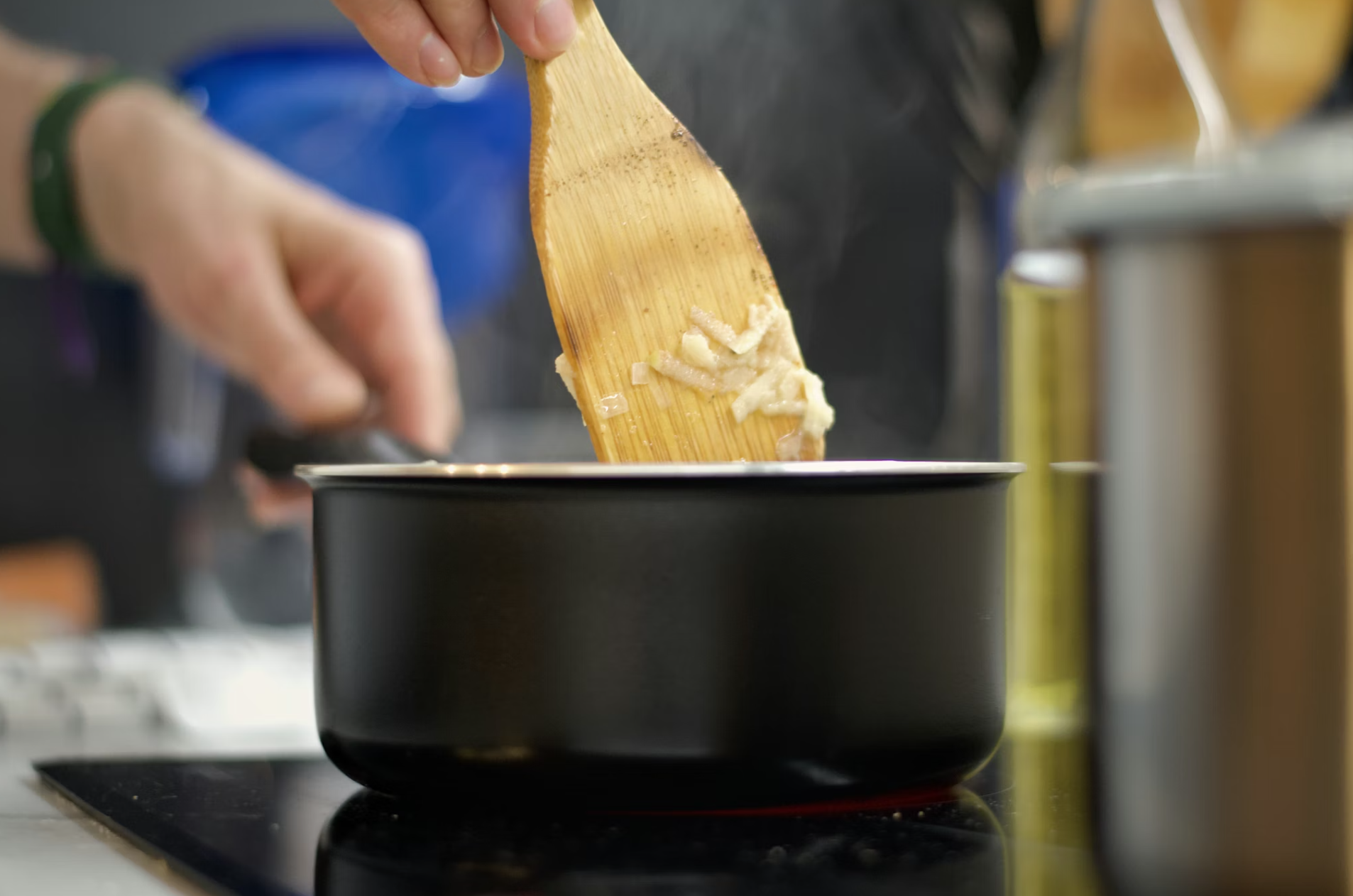
Mistakes are an inevitable part of learning to cook. Every beginner makes some common ones that are hard to skip. A Buzzfeed article lists the experiences of real people making real mistakes. These include overfrying, over-seasoning, overcrowding the pan, and fidgeting too much with food, to name a few.
Embrace these mistakes as opportunities for growth. Whether it’s burning a batch of cookies or over-salting a soup, every mistake teaches a valuable lesson. While it is easy to get discouraged as a newbie, try to find what went wrong and how you can avoid it the next time.
Experts recommend staying curious and experimenting as you. Seek advice from more experienced cooks. Sharing your mistakes and learning from them is a sign of humility and a willingness to grow. Let your next kitchen disaster inspire you to shed your inhibitions and give your best.
FAQs
How to get better at cooking for beginners?
Improving your cooking skills starts with practice and patience. Basic techniques, such as chopping, sautéing, and boiling, should be the first things to learn. Follow recipes closely at first, then gradually experiment with substitutions and variations. You can watch cooking videos, take classes, and seek feedback from experienced cooks to get better.
What is the kitchen triangle rule?
The kitchen triangle rule is a design principle that optimizes workflow by positioning the three main work areas in a triangular layout. The sink, stove, and refrigerator, placed strategically, can make cooking more efficient. The triangle rule is especially important in small kitchens, where space is limited.
What can beginners cook?
Beginners can start with simple recipes that require basic techniques and a few ingredients. For example, scrambled eggs, grilled cheese sandwiches, pasta with tomato sauce, and roasted vegetables can give you a good start. As you gain confidence, you can move on to more complex recipes, such as stir-fries, soups, and baked goods.
These unspoken kitchen rules can help new culinary enthusiasts create a safe, efficient, and enjoyable cooking environment. Embrace the journey, learn from your mistakes, and always strive to grow your skills. With time and practice, you’ll develop the confidence you need to tackle any recipe that comes your way.

